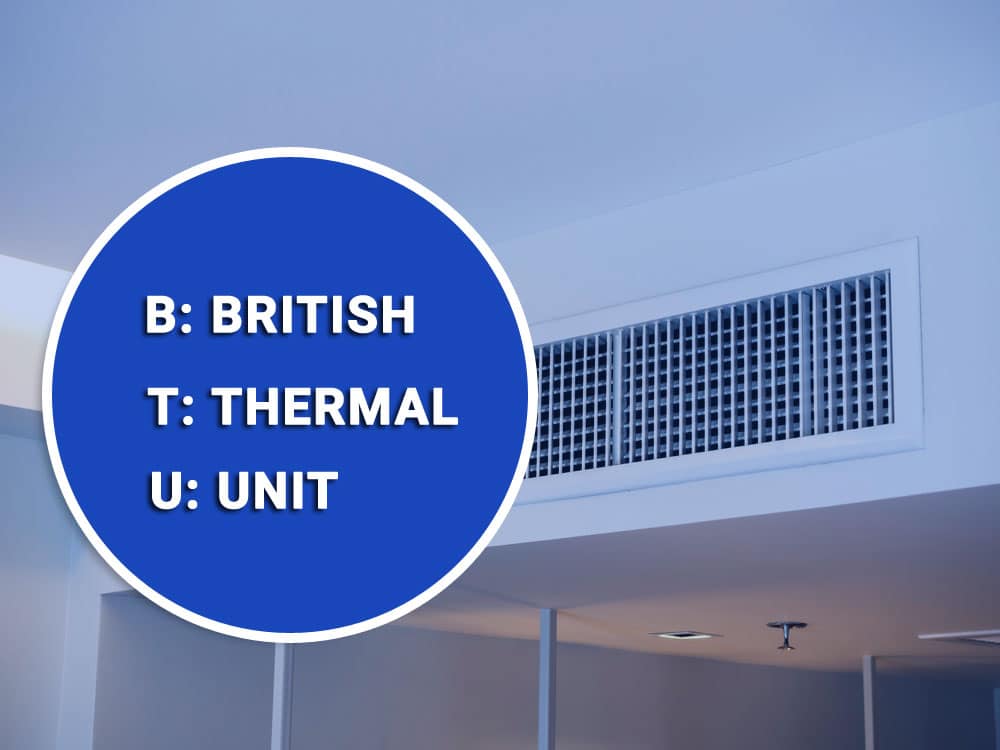
There are a few basic metrics that are often used when discussing HVAC equipment and performance, and one of the single most common when it comes to measuring output is BTU, or British Thermal Unit. What is a BTU, how does it measure heating or cooling output, and how should you evaluate BTU ratings when selecting HVAC equipment?
At 1 Source Portable Air, we're happy to discuss all the ins and outs of our heating equipment, cooling equipment, and other HVAC equipment rentals, including BTU capacity and more. Here are some basics on what BTUs refer to, why having a higher number of BTUs isn't necessarily the only goal for any application, and what else to consider in addition to BTU ranges.
As we mentioned above, BTU stands for British Thermal Unit. It refers to the amount of energy needed to raise or lower the temperature of one pound of water by 1 degree Fahrenheit while at sea level.
In the heating and cooling world, this is used to measure how much output a piece of equipment can generate, meaning you can determine just how powerful a heater or air conditioner will be before even turning it on. If you need to heat a large room or cool down an extremely hot space, then looking at the BTU measurements of equipment can be key.
Typically, BTUs will be expressed at a per-hour rate. That is, how many BTUs is the unit using in an hour? Through this, you can assess the efficiency of any given heater or air conditioner, as well as its capacity. For example, when it comes to air conditioners, BTUs reflect how much energy it takes for a unit to remove heat from the indoor air and replace it with cooler air. If an air conditioner’s BTU rating is 30,000, that unit will remove 30,000 units of heat in one hour.
When it comes to selecting a heating or cooling unit, BTU is one factor that people often look at first, and rightly so. The amount of BTUs can determine the power and effectiveness of a given unit, but it's not the only factor to think about.
For instance, some units are designed for energy efficiency, so they might have a lower BTU rating but still be just as effective when it comes to cooling or heating an area. Additionally, you'll also want to consider the physical size of the unit, noise levels, and more.
If your HVAC equipment does not have a high enough BTU rating, you may face the following challenges:
At the same time, there is definitely such a thing as too many BTUs. If the BTU rating is too high for a space, you may run the risk of:
Understanding BTUs is key to selecting the right heating and cooling equipment for your application. While higher BTU ratings can indicate that a unit has more power, it’s important to take all other factors into account before making a final decision. With the right HVAC equipment, you can ensure that your space is comfortable and energy efficient.
At 1 Source Portable Air, we understand the importance of BTUs and can help guide you in selecting the right HVAC unit to fit any space. Contact us today to learn more about how BTUs can impact your heating and cooling needs.